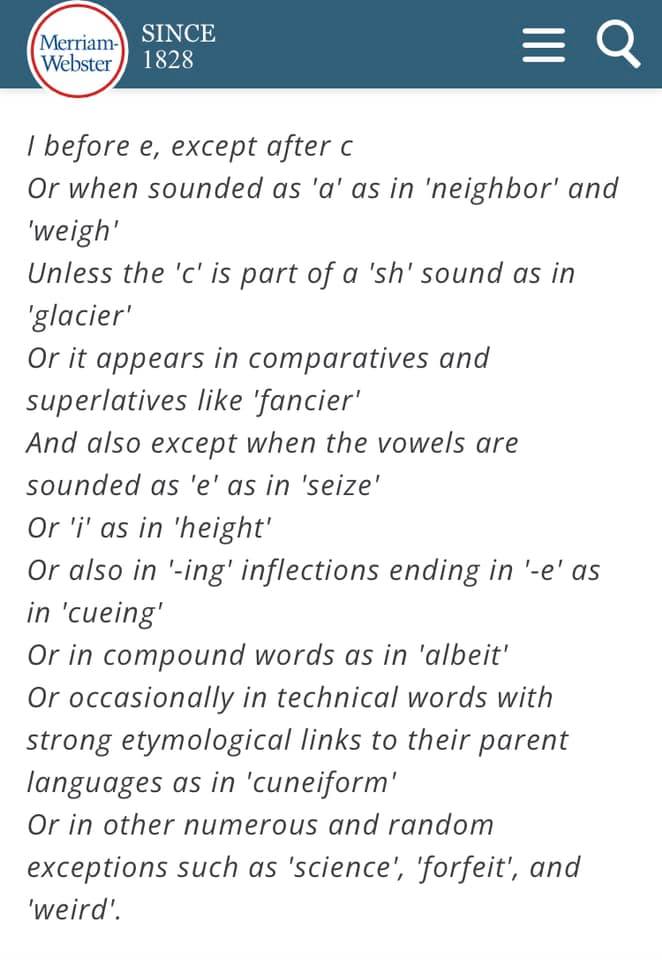Fantastic Words That Are Their Own Autonyms
July 20, 2022

It’s a well-known fact that English is a complicated language.
To begin with, we have a bunch of words that have different meanings and spellings, but are pronounced the same, such as there, their, and they’re.
We also have a ton of words with silent letters, like neighbor, sign, thought, and gnome.
In addition, there are all sorts of 'rules' in English that are only rules some of the time (i before e, except after c...).
Perhaps the most confusing aspect of the English language are the words that, depending on how they are used, can be their own opposites. These words are called contronyms (also known as contranyms, autoantonyms, or Janus words after the two-faced Roman god).
Recently, one of our writers came across this great article from Pocket, that lists 25 of these incredible contronyms. And reading through them made us realize just how crazy English really is.
Take the word “off,” for example. Depending on how it’s used, it can either mean “deactivated” or it can mean “activated.”
The woman turned the alarm off, but it still went off.
Or, how about the verb “to stone?” You can stone a peach or nectarine by removing its stone or pit. However, it is frowned upon to stone a person (that is, to throw stones at them).
Bolt and buckle are other great examples of a contronyms:
The bolt failed, which caused the people to bolt.
The men buckled the logs so that the pile would not buckle
And the word “left” can be downright confusing:
After the men left the party, how many people were left?
For more examples of these mind boggling words, check out these articles from ThoughtCo and Mental Floss.






























